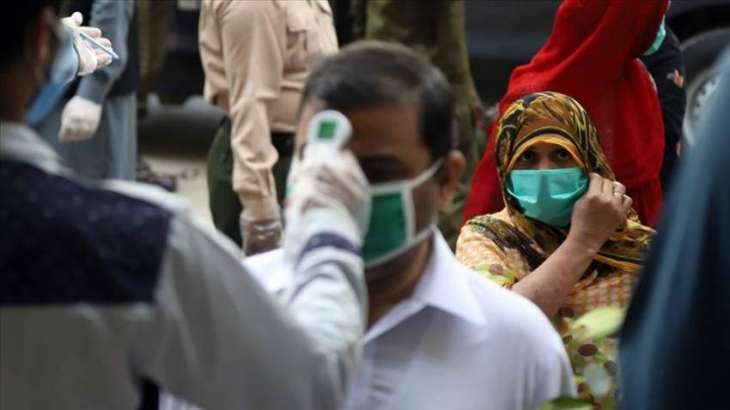Six months of lockdown pushed the poor into an extremely difficult economic situation, with resources being limited, employment opportunities close to none and burgeoning inflation levels forcing vulnerable communities into misery.
Six months of lockdown pushed the poor into an extremely difficult economic situation, with resources being limited, employment opportunities close to none and burgeoning inflation levels forcing vulnerable communities into misery.
Pakistan Poverty Alleviation Fund (PPAF) one of the largest organizations working towards poverty alleviation took prompt action by dedicating over Rs. 400 million to its COVID-19 Emergency Response Fund. The amount was allocated to address problems related to food security and socioeconomic needs of the ultra-poor rural households impacted by the pandemic. PPAF decided to provide a package of economic support to ultra-poor households for reviving economic activity and developing resilience so that households are able to not only survive this crisis but that they also do not drop further down the poverty ladder.
PPAF reached out to some of the most vulnerable households in 109 union councils of 20 districts of Sindh, Balochistan and Khyber Pakhtunkhwa through its partner organizations. Commenting on the initiative, the CEO of PPAF Qazi Azmat Isa said that:
“PPAF is always be at the forefront to help the ones in need. COVID-19 created unprecedented challenges for the people of Pakistan. Massive economic pressure was put on the poor and they struggled to make ends meet. In such a situation, PPAF reached out to help the poorest of the poor in some of the remotest areas of the country to enable them to combat the crisis and support them in these troubled times.”
With the help of its partner organizations PPAF identified an estimated 63,000 deserving households that met the aid criteria focusing on multiple aspects such as a households headed by a female or a widow, earning members and daily wagers in a family, ownership of assets such as farm animals, land etc and presence of a person with disabilities in the family. Out of these 59,343 households have received the economic revival assistance comprising agri-inputs (seeds), fodder for livestock and ration packs, emergency interest free loans, supplies for small enterprises and kitchen gardening.
Shah Faisal, a resident of village Labach, Tehsil Awaran said, “Since I got the said assistance from NRSP I have started working in my field again, my resources were badly exhausted during the lockdown and the aid that I received seemed to be my only hope.”
Executive Director, Mr. Akbar Zeb from Environmental Protection Society (EPS) one of PPAF’s partner organizations, implemented activities for economic revival of 2074 poorest households in 3 union councils of District Upper Dir in Khyber Pakhtunkhwa.
“Our Primary focus was upon women with disabilities as they were highly vulnerable. Opportunities were closed down upon them because of the lockdown and they were unable to earn a decent living. Thus EPS in partnership with PPAF devised a strategy to provide relief to this segment through implementation of various initiatives.”
Even before Covid19 was declared a pandemic, PPAF began establishing nationwide awareness campaigns and leveraged its vast network of community outreach to spread awareness and supported government efforts by widely facilitating registration of eligible households under the Government of Pakistan’s Ehsaas Emergency Cash Programme.
The collaborative approach adopted by PPAF has benefitted thousands of households in Sindh, Balochistan and KPK and over time PPAF aims to continue its support to vulnerable communities across Pakistan to uplift them out of poverty.




